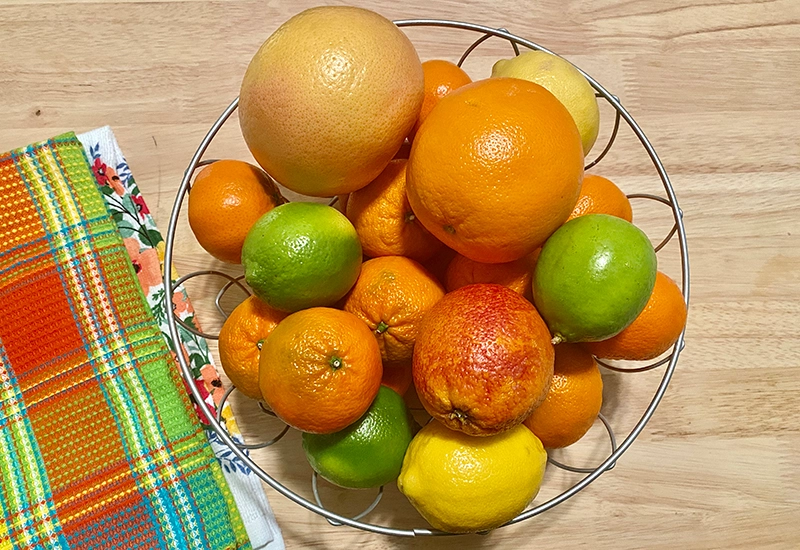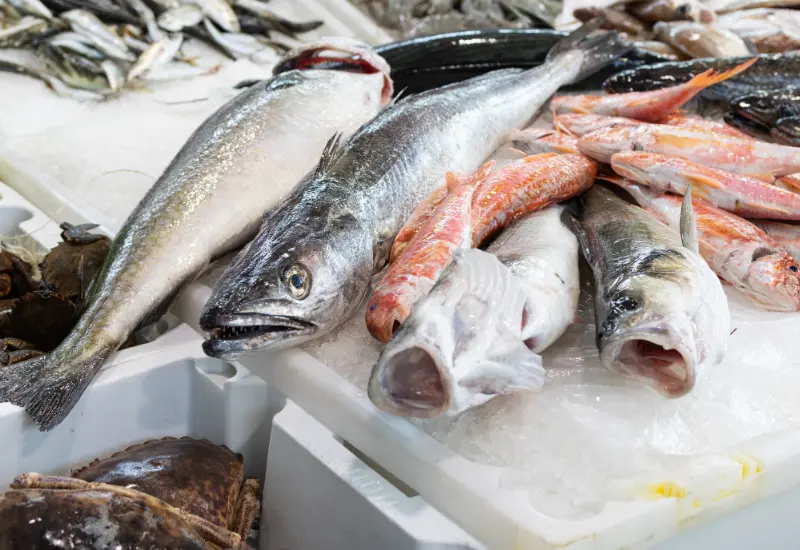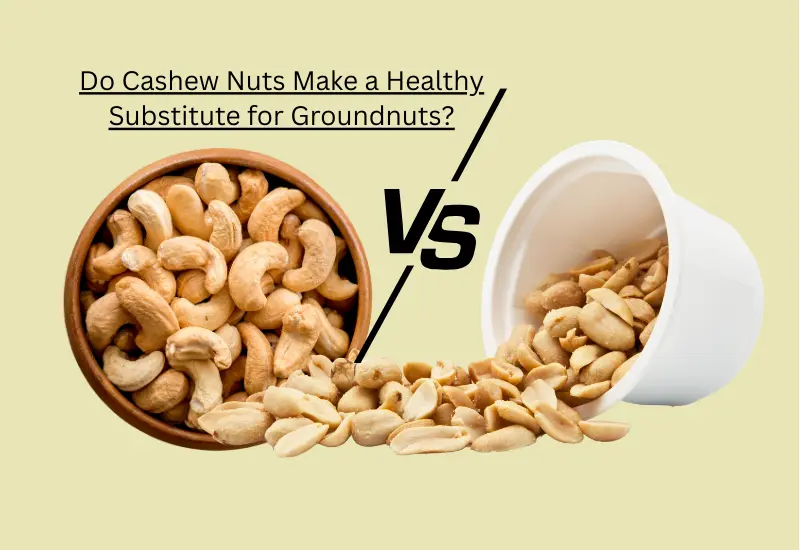Introduction
The Nigerian food delivery industry is undergoing a rapid transformation, fueled by urbanization, shifting consumer behavior, and a surge in digital technology adoption. At the heart of this evolution is the rise of food delivery—a sector once dominated by phone-in orders and limited to a handful of cities, now revolutionized by apps, platforms, and logistics networks. As more Nigerians turn to fast and fresh delivery options, one platform, Muveet, is rising to meet (and exceed) modern expectations.
This comprehensive guide explores the national trends, evolving customer preferences, and exactly how Muveet stands out in Nigeria’s fast-growing food delivery ecosystem.
National Food Delivery Trends in Nigeria
1. The Digital Transformation of Food Access
Nigeria’s digital revolution is reshaping consumer behavior. With over 50% smartphone penetration and expanding 4G/5G infrastructure, the accessibility of food delivery apps is no longer limited to tech-savvy elites. Young Nigerians are driving the demand for convenience, instant service, and mobile-first solutions.
“In 2024, over 60% of food delivery orders in Nigeria were placed via mobile apps.” – NigeriaTechDigest

2. Urban Lifestyle and Time Pressures
Lagos, Abuja, Port Harcourt, and other major cities are facing increased traffic, longer commutes, and busier work schedules. These conditions have birthed a cultural shift:
- Lunches are being ordered from apps instead of being packed from home.
- Families are outsourcing weeknight dinners to food delivery platforms.
- Office teams rely on group ordering for bulk meals.
The demand for speed and reliability has never been higher.
3. Post-Pandemic Food Behavior
COVID-19 permanently changed how Nigerians view eating out and ordering in. Hygiene, contactless delivery, and health-conscious menus are no longer optional; they are expected.
Additionally:
- Cashless payments are now more widespread.
- Cloud kitchens and home chefs have found sustainable footing.
“Over 45% of consumers surveyed in Nigeria said they order in at least twice a week,” – Statista 2023 Report
4. Regional and Local Cuisine Popularity
Unlike early food delivery models that focused mainly on fast food and continental options, modern Nigerian consumers are demanding:
- Egusi and Amala
- Ofada rice and sauce
- Local soups and swallow
- Fresh juices and indigenous snacks
The rise of regionally diverse menus has encouraged food delivery platforms to localize offerings and support local chefs.
Customer Preferences: What Nigerians Want from Food Delivery
1. Fast, Reliable Delivery
Speed is now a basic expectation. Long delays or inaccurate orders result in immediate customer churn.
Muveet User Testimonial: “What keeps me coming back is that they deliver my meal in 30 minutes or less—no excuses, no wrong orders.” – Tunde, Lagos
2. Affordable Pricing with Good Portions
Affordability matters, but so does value. Customers are price-sensitive but willing to pay for larger portions, hygienic packaging, and consistent quality.
3. Healthier Options and Variety
More customers are asking for:
- Low-oil meals
- Fitness-friendly food packs
- Vegan, vegetarian, and gluten-free options
4. User-Friendly Experience
Modern consumers want:
- Easy-to-use mobile apps
- Real-time tracking
- Reward points and promo codes
“I don’t have time to figure out complex apps. Muveet lets me order with two taps and track my food the whole way.” – Chinaza, Port Harcourt
How Muveet Stands Out in Nigeria’s Food Delivery Market
1. Speed Meets Freshness
Muveet is built on a core promise: “Fast and Fresh. Leveraging smart route optimization, local vendor proximity, and dedicated riders, Muveet consistently delivers within 30–45 minutes in high-traffic zones.
2. Weekly Curated Picks
Muveet offers a Weekly Food Picks feature based on real-time user demand, seasonal ingredients, and trending flavors. It serves as a discovery tool and rewards users with exclusive discounts.
“Their weekly picks introduced me to a local chef in Ikeja. Now I order from her twice a week.” – Fola, Lagos
3. Partnership with Local Vendors
Muveet isn’t just an aggregator—it’s a growth engine for small food businesses. By onboarding:
- Home-based cooks
- Local street vendors
- Independent kitchens
Muveet helps them build digital storefronts, manage orders, and reach wider audiences.
4. Health-Conscious Categories
From protein-packed lunch boxes to sugar-free smoothies, Muveet now has a full health-conscious menu section.
Explore: Healthy Food Delivery Made Easy with Muveet
5. Transparent Tracking and Safety
- Real-time tracking of your order
- Contactless delivery available
- Customer support chat in-app
The Future of Food Delivery in Nigeria
With continued investment in digital infrastructure, growing middle-class income, and cultural shifts around convenience, the food delivery industry is poised for even greater expansion.
Muveet is actively preparing for this future by:
- Scaling its vendor base
- Expanding to second-tier cities
- Introducing subscription meal plans and workplace catering
Final Thoughts
Food delivery in Nigeria is no longer a luxury—it’s a lifestyle. And as the expectations of speed, freshness, variety, and reliability continue to grow, Muveet is proving itself not just as a player but as a leader.
Whether you’re craving a fast lunch at work, a traditional dinner at home, or a healthy snack between meetings, Muveet ensures it gets to you fast and fresh.
“Hungry? Don’t wait. Order now on Muveet and taste the future of food delivery.”






